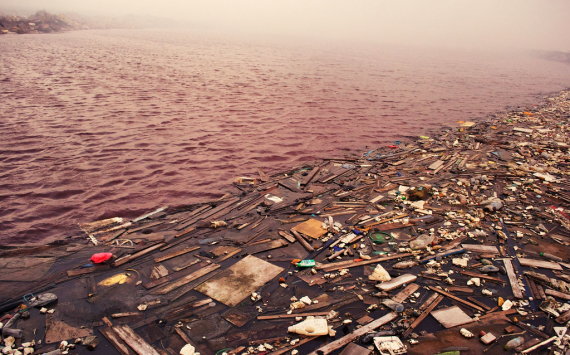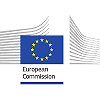
EU's fight against dangerous
According to a recent study, the EU's initiative to outlaw 7,000 hazardous chemicals by 2030 is encountering challenges. The EU's strategy involves prohibiting dangerous compounds like bisphenols, flame retardants, and PFAS that are linked to environmental degradation and serious health problems such as cancer, hormonal disruption, and reproductive disorders.
PFAS, or "forever chemicals," are ubiquitous pollutants that can take centuries to degrade. A US study found them in almost all Americans, and Europe has 17,000 contaminated sites, with 2,100 hotspots.
The temporary measure called the "restriction roadmap" aims to safeguard public health and the environment during the European Commission's update of the Reach program. This program collates information on synthetic chemicals and establishes regulatory standards.
The Reach program has been delayed and the commission has only banned 14 chemical groups. A report by ClientEarth and the European Environmental Bureau shows that only two of these bans effectively prevent water contamination.
The European Commission's progress on chemical files has been hindered due to inadequate resources, ineffective time management systems, and insufficient data sharing by companies. As a consequence, the implementation of multiple overlapping restrictions and a focus on marginal substances has occurred.
Also, to improve this situation, it is crucial to prioritize resource allocation, optimize time management systems, and increase data sharing among companies.
However, Cefic, the European chemicals industry trade association, urges patience when assessing significant initiatives such as lead in ammunition and baby nappies. Due to the regulatory process involving ECHA committees, it will take a minimum of five years to gauge progress.
The lobby battle over the issue is brewing, with specialist media consultancies warning chemical firms not to repeat the mistakes of big oil and tobacco companies that denied their products' health and environmental risks and so "lost the narrative."
Tatiana Santos from the European Environmental Bureau assured that PFAS chemicals won't be banned if they're considered essential. Chemical companies' worries about the ban causing economic harm are being used as an excuse to weaken the entire regulatory initiative.









